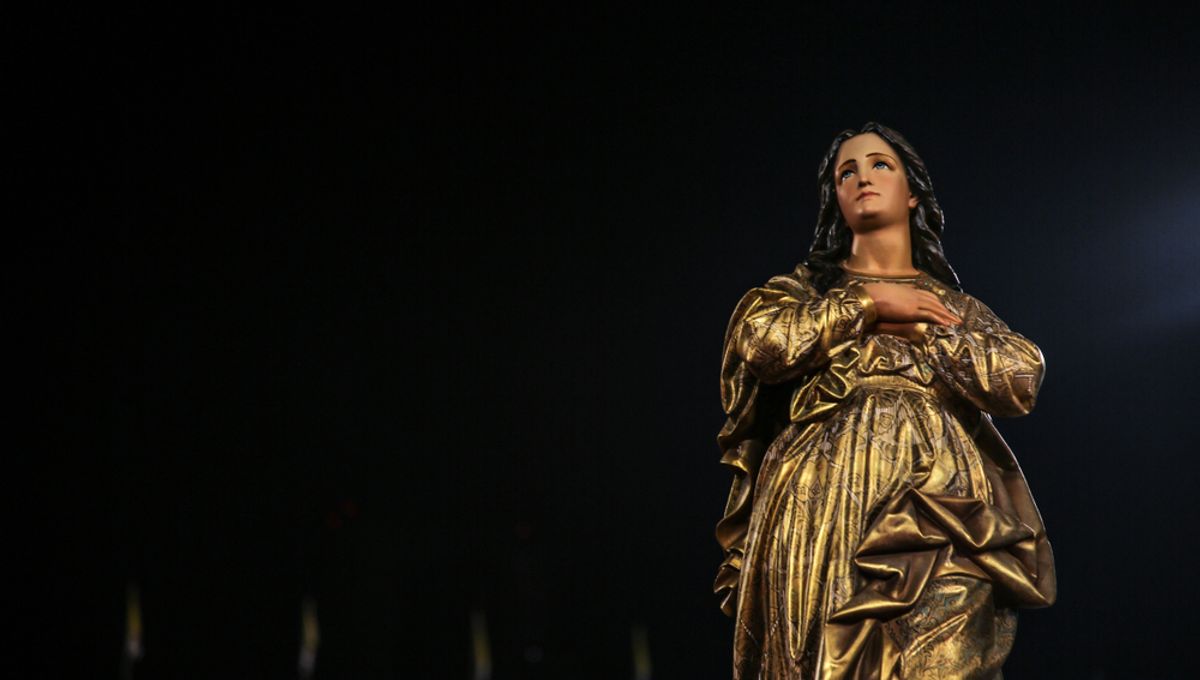
Back in 2018, a church in New Mexico claimed that their statue of the Virgin Mary was “weeping” liquid from its eyes. It all started on May 20, 2018 – Pentecost Sunday in the Catholic religious calendar – when the parishioners of the Roman Catholic Diocese of Las Cruces reportedly witnessed the statue crying tears during a noon mass.
The event brought a huge number of people to the church looking for conversion, confession, and just to see it happen. The “weeping” allegedly occurred several times, according to Judy Ronquillo, the business manager of the local church, who talked to the Washington Post in 2018.
Experts analyzed the substance and concluded it was olive oil mixed with perfume, similar in composition to chrism, the holy anointment balm often used in Christian rites such as baptism. However, church authorities reportedly could not establish where the oil was coming from.
To explain the case, some skeptics suggested the church had set up the situation as a hoax to bring more people into the church. The diocese’s officials denied this, claiming cameras in the church showed it wasn’t an orchestrated stunt.
While weeping olive oil might seem like a peculiar event, weeping statues have been a common occurrence in the Catholic world for the last seven decades. Creating a fake weeping statue is relatively easy – sometimes it happens naturally through condensation, but typically even the most innovative approaches are not too complicated.
Hoaxes are so easy to do that the Catholic Church itself either moves pretty quickly with investigators or doesn’t take an official stance and lets it play out. Only a couple of weeping statues have been recognized by the Church.
In the last few decades, there have been several widely publicized cases in Italy where statues began weeping blood. In 2002, a statue of Catholic saint Padre Pio was seen with “tears” of blood, which turned out to belong to a woman. In 2008, a church custodian was put on trial for faking blood tears on a statue of the Virgin Mary. His DNA matched that of the “tears”.
The most controversial case was a Virgin Mary statue in 1995 in the Italian town of Civitavecchia, where about 60 people claimed they saw a statue shed blood tears on 14 occasions. The blood was found to be male. The owner of the statue, a gentleman called Fabio Gregori, refused to take a DNA test.
An earlier version of this article was published in July 2018.
Source Link: A "Weeping" Virgin Mary Statue Had Its Tears Tested, Revealing An Unlikely Substance